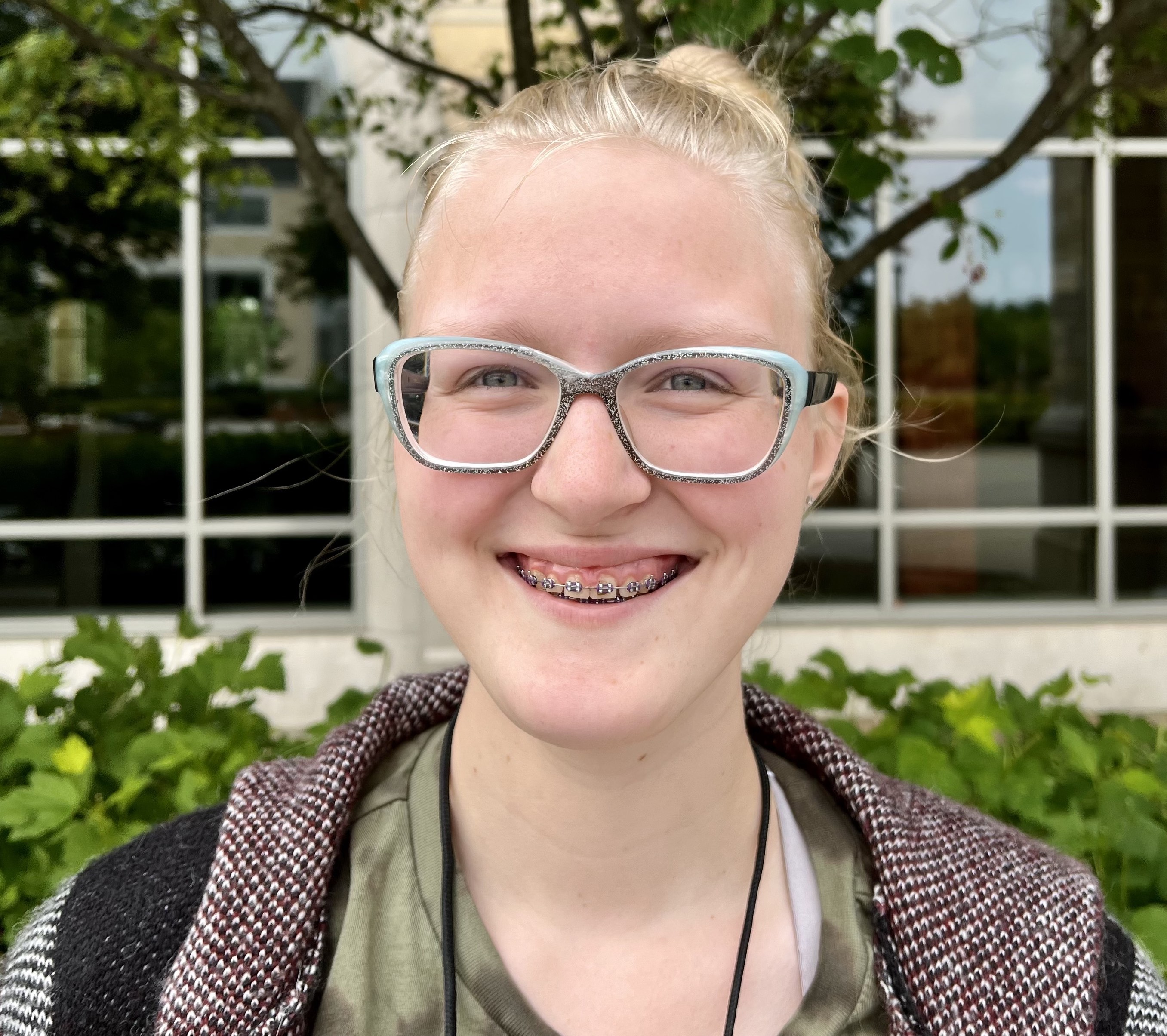
I had never thought about what it would mean to have a disability.
Then in fourth grade I had my first seizure. I woke up to go to school and wandered into my parents’ room, not knowing what was happening. My parents and I were freaked out, but after a long day in the children’s hospital, the doctors and nurses said I was going to be fine. They said it would likely never happen again. Little did I know that would not be the case for me.
Two years later, it did happen again. After a few more seizures, I met with a neurologist, was diagnosed with epilepsy and had a more in-depth brain scan. The results changed my life and changed my view of myself. I found out I was having more than 10 microseizures every minute, ranging from a couple of milliseconds to five seconds. It was as if my brain was covered in a thick haze, like smoky air from a distant wildfire. I had no idea what this would mean for my future and my daily life.
Not long after, I started on medication. That’s when I knew this would be a lifelong struggle.
I did not want to accept the fact that I now had a disability or that I was different from my classmates. All I wanted was for my brain to be “normal.”
At one point, my mom had heard enough of my complaining and asked, “If you can’t accept yourself, how can you expect anyone else to accept you?” I was mad at first, then I realized this was exactly what I needed to hear. I was trying to hate a part of myself, and was expecting everyone else to accept and love that part with open arms. I needed to be easier on myself.
“Hate cannot drive out hate, only love can do that,” Martin Luther King Jr. once said. I adored this quote and recited it to everyone I knew as a child. It came back to me as I struggled to accept my disability. I figured out what these words meant to me in this new era of my life. I had to stop hating a part of myself and learn to love it, especially since I could not change it. I needed to accept how I felt, so I could go back to living my life to the fullest.
It was hard, but I began to accept my situation and started to see some of the upsides of my epilepsy. A friend who knew about my emergency medication was always partnered with me on field trips in case I had a seizure. So I got to spend a lot of time with a very good friend. I had no peer pressure to do drugs. And I even got out of watching horror movies and visiting haunted houses because of the strobe lights. These benefits made me realize that although my life might be different, it had not changed as dramatically as I feared.
As I accepted my disability, I saw my life in a new, brighter light: I was learning to move with the changes and not fight them. Being epileptic taught me the importance of accepting, even embracing challenges. And importantly, I learned to be more empathetic of others who are struggling with disabilities.
Events that shape our lives bring the promise of growth.
